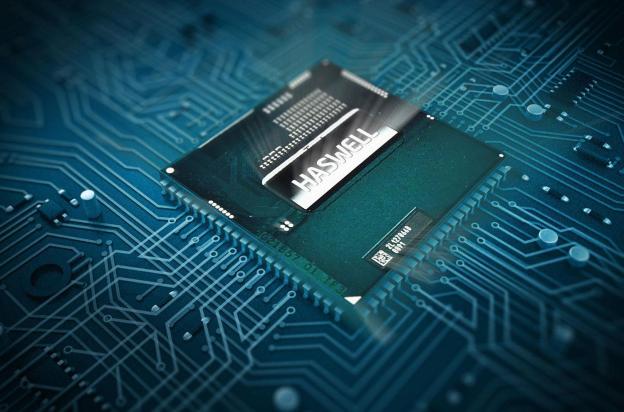
If you followed last week’s Computex, then you know all about the new Intel Haswell processor. A number of Haswell-powered devices are due to hit the market (or already have for that matter), but a new issue plaguing the chipset may cause a hitch in Intel’s future plans. According to a report from PC Pro, four companies, who prefer to remain anonymous, are having major issues with the Haswell chipset and overclocking. The processor appears to be running too hot, and it’s forcing some OEMs to downgrade the chips’ speed in order for it to function correctly within its devices.
Is Haswell too hot to handle?
An unnamed PC maker told PC PRo that employees had to frequently swap out Intel Haswell processors when creating PCs in order to find a chip that wouldn’t overheat. The company also stated that “even at stock speeds [Intel processors] are running hotter than Ivy Bridge or Haswell samples.” It was estimated by the company that the retail chips run at a temperature that is approximately 15 degrees Celsius hotter than pre-production chips.
Stability issues
Other companies found “stability” problems when they attempted to push the chip to its limits. One developer stated that its “PCs based on pre-production [speeds] of 4.5GHz had to be dropped down to 4.3GHz.” The retail versions of these chips that were included in the company’s projected PCs were too unstable when overclocked to 4.5GHz, even though pre-production chips performed just fine at the projected speed. Another company joined the report, stating that there’s a “big difference in the overclocking potential between early Haswell samples and retail [processors].”
According to one of the sources that spoke with PC Pro, pre-production Intel Haswell chips were “easily” overclocked from 3.5GHz all the way to 4.8GHz. However, the company went on to say that 40 or 50 of the retail chips it received were impossible to overclock past 4.2GHz. Apparently, the spike in heat and voltage caused the chips to operate in an unsafe manner when pushed past the 4.2GHz line.
We can’t confirm the overheating yet first-hand, but we’ll keep you posted with what we find in our next Haswell laptop review. Stay tuned!


